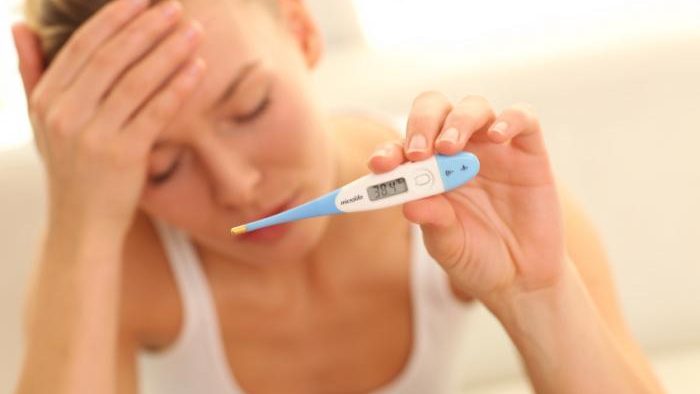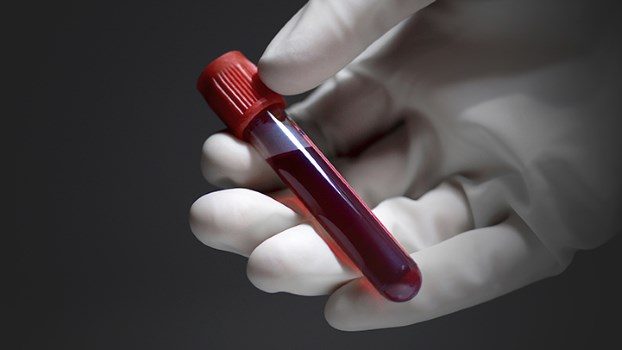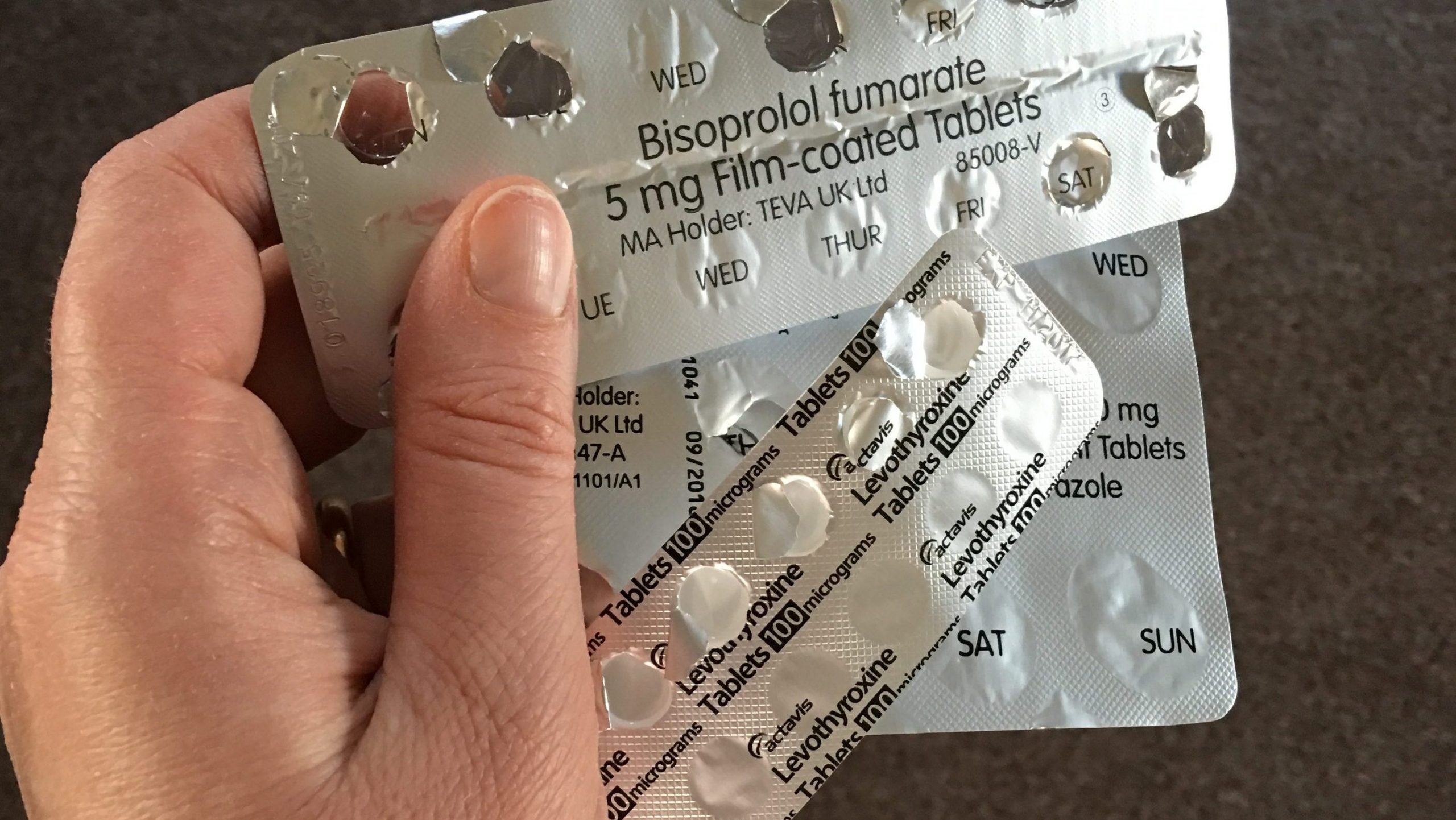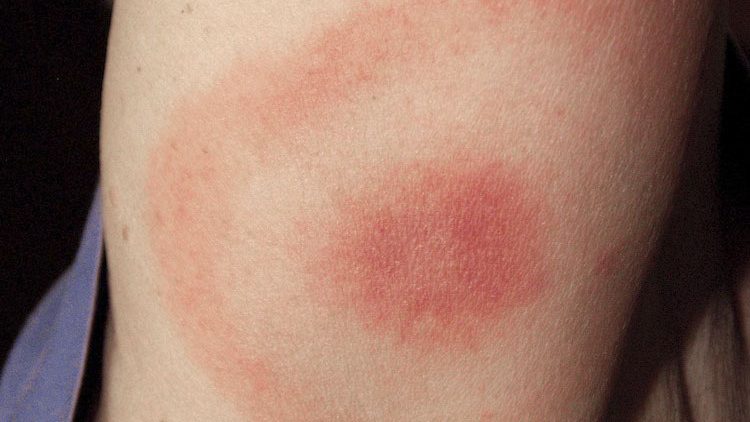Below you will find information on Lyme disease testing, symptoms and treatment, as well as tips on how to keep your family safe from tick bites, and information on the NICE Guideline for Lyme disease.
If you’re looking for support via our patient helpdesk, get in touch here.
Browse below or jump straight to…
- Symptoms
- Testing
- Treatment
- Remove a tick
- Protect your family
- Protect your pets
- Persisting symptoms
- Lyme in pregnancy
- NICE guideline
- NICE quality standard
- Camping checklist
- Other tick-borne infections
- FAQs
Symptoms

Lyme disease symptoms an develop anywhere between 3 days to 3 months after being infected…
Testing

To order an NHS blood test for Lyme disease, your GP first needs to be convinced…
Treatment

The NICE guideline contains separate tables of treatments for adults and children…
Remove a tick

Do NOT DELAY removing the tick. Prompt removal reduces the risk of Lyme disease…
NICE guideline

The bacteria which cause Lyme disease are commonly caught from the bite of an infected tick…
Protect your pets

There are different products on sale to protect pets from ticks…
Persisting symptoms

If you still have symptoms after Lyme disease treatment and want to know what to do next..
Lyme in pregnancy

The UK’s NICE Guideline for Lyme disease makes the following recommendations…
Protect your family

Prevent tick bites by wearing clothes that cover your skin, and tuck everything in…
NICE quality standard

The NICE quality standard for Lyme disease was published in July 2019…
Camping checklist

Camping holidays are a fantastic way to enjoy our beautiful countryside…
Other tick-borne infections

Lyme disease is the commonest tick-borne infection in Europe…
